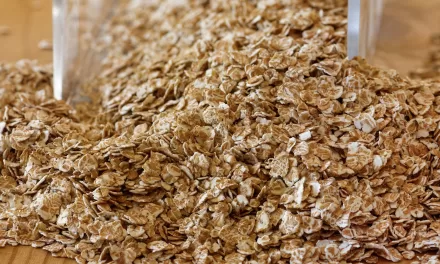Why do we scratch? Scratching in response to itching is both pleasurable and harmful. In skin conditions like dermatitis, scratching can worsen symptoms by intensifying inflammation. However, this behavior remains widespread across species, suggesting an evolutionary advantage. A recent study published in Science sheds light on scratching’s surprising role in regulating immune responses and shaping the skin microbiome.
Scratching and Immunity: A New Perspective
A research team conducted experiments on mice to explore how scratching influences inflammation and immune activity. They focused on genetically modified mice lacking neurons responsible for itch, identified by MrgprA3 gene expression. These neurons typically trigger itching by responding to immunoglobulin E (IgE).
Mice without MrgprA3 neurons, as well as normal mice prevented from scratching via collars, exhibited a significantly reduced immune response when exposed to allergens. This suggests that the physical act of scratching, rather than the itch sensation itself, is essential for immune activation. Further analysis demonstrated that scratching initiates a neuroimmune pathway that involves TRPV1-expressing neurons and the release of substance P, a neuropeptide. Substance P stimulates mast cells to release tumor necrosis factor (TNF), which enhances inflammation.
When researchers inhibited TRPV1 neurons or blocked substance P secretion, the scratching-induced immune response was also prevented. Conversely, activating TRPV1 neurons using capsaicin mimicked the immune effects of scratching, further supporting the hypothesis that scratching is an essential immune-regulatory mechanism.
The Role of Scratching in Microbiome Regulation
Beyond inflammation, scratching also influences the composition of the skin microbiome. In their study, researchers found that scratching reduced populations of certain bacteria, including the potentially harmful Staphylococcus aureus, at affected sites. This suggests a dual role for scratching: reducing bacterial colonization while simultaneously priming the immune system for defense against infection.
Evolutionary and Clinical Implications
This study helps reconcile scratching’s paradoxical role as both a pathological process and an adaptive mechanism. While scratching is necessary for immune responses and microbial control, excessive scratching in conditions like dermatitis can lead to chronic inflammation and skin damage.
Understanding the molecular mechanisms behind scratching opens doors for novel therapeutic strategies. Future treatments could aim to preserve the antimicrobial benefits of scratching while minimizing the harmful inflammatory consequences. These insights could lead to better management of chronic itching conditions and improved skin health.
Disclaimer:
This article is for informational purposes only and does not constitute medical advice. If you suffer from chronic itching or skin conditions, consult a healthcare professional for appropriate treatment.












